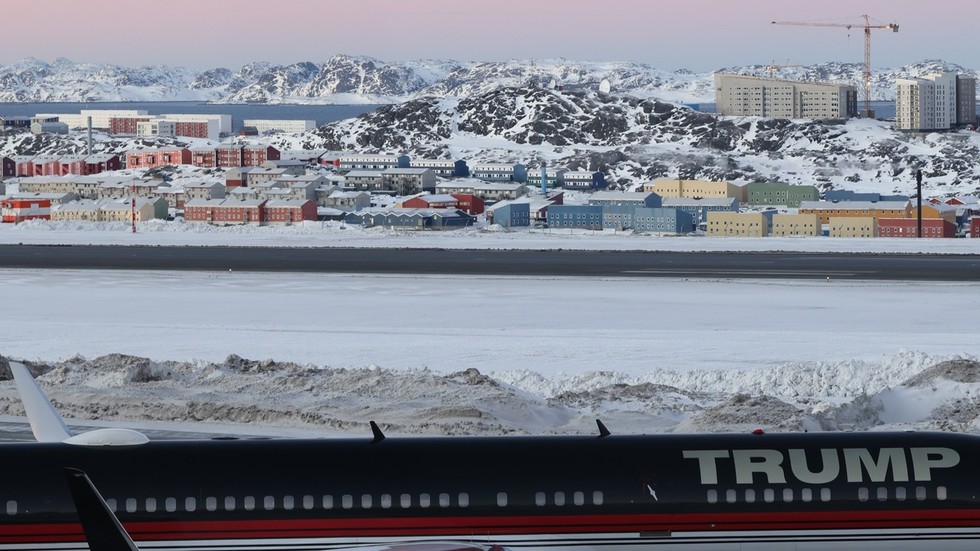Not just domestic fund managers like Evolve and CI are entering the Canadian AI ETF scene. Invesco Canada offers INAI, which tracks a namesake index for a 0.35% management fee. The index is actively managed by the “Morningstar Equity Research Next Generation Artificial Intelligence Committee” which reviews and assigns exposure scores for holdings, making it less passive than some might expect.
The index focuses on four sub-themes (generative AI, data and infrastructure, software and services) and includes notable foreign holdings like Taiwan Semiconductor Manufacturing. INAI is not currency hedged but does offer a Canadian dollar-hedged version, INAI.F.
Finally, Global X ETFs (formerly Horizons) actually offers not one, but two AI thematic ETFs: AIGO and RBOT.
AIGO, which made its debut on May 14, 2024, tracks the Indxx Artificial Intelligence & Big Data Index by wrapping a U.S. Global X listed AI ETF in a fund of funds structure. It charges a 0.49% management fee and is not currency hedged. AIGO’s underlying U.S. ETF currently holds companies like Nvidia, Qualcomm, Broadcom, Netflix, Meta and Tencent, showcasing a broader semiconductor and communications focus.
RBOT, by contrast, has been around much longer, having listed in 2017, and has accumulated about $55 million in assets. It charges a 0.45% management fee, which amounts to a 0.64% MER along with a 0.04% trading expense ratio (TER). RBOT tracks the Indxx Global Robotics & Artificial Intelligence Thematic Index, which focuses more on applied robotics and automation rather than just software, including healthcare companies like Intuitive Surgical and foreign manufacturers like Yaskawa Electric Corp.
Investing in any of these ETFs is straightforward. Simply enter the ETF’s ticker in your brokerage application, decide on the number of shares you wish to buy and at what price (using a limit order is recommended), and be patient as your transaction completes.
While the rapid expansion of the AI sector and the flurry of new AI ETFs in Canada are undeniably exciting, I can’t help but draw parallels with the dot-com bubble of the late 1990s, particularly the rise and fall of Cisco Systems.
At its peak, Cisco briefly surpassed Microsoft as the world’s most valuable company, with a market cap nearing $500 billion, riding the wave of the internet and networking boom.




















Discussion about this post